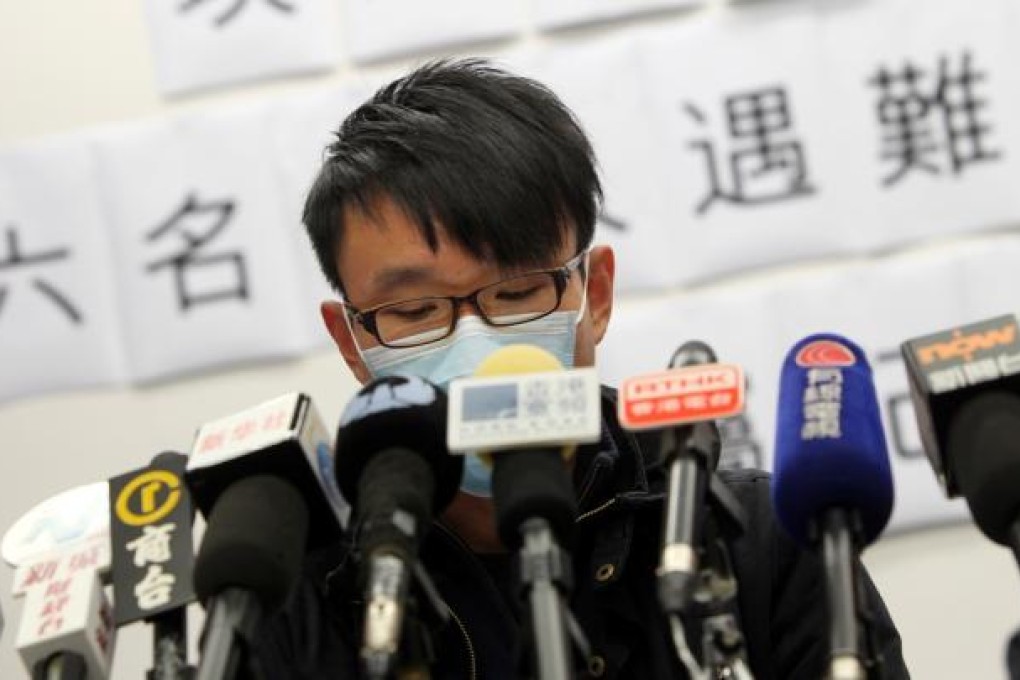Balloon disaster underscores attention needed on travel insurance

The importance of travelling with insurance cannot be overstated. When misfortune falls, even the most seasoned travellers can be left in a vulnerable situation. Travel insurance is, therefore, essential. Due to a growing awareness of the risks and liabilities brought on by accidents, few would leave home without taking out some sort of policy today. But how well they are covered by their insurance is another matter.
Increasing travel convenience and tourism growth means the market is flooded with more vacation options, many of which are not for the faint-hearted. Yet, with a little caution - and the protection of insurance - many are ready to take the added risk. Too often, however, people are less mindful of what's in their insurance policy. Many just opt for the bare minimum without a second thought. That insurance is available through cash withdrawal machines everywhere suggests travellers just grab and go without knowing what is or isn't covered. To many, it is, after all, a matter of "just-in-case".
It is most unfortunate that six of the nine Hong Kong tourists who died in a hot air balloon accident in Egypt last month had taken out insurance that did not cover such ventures. The insurance company maintained that, except for parachuting and travelling in a licensed power-driven aircraft, in other words a plane, all aerial activities were excluded. The families questioned whether it was a loophole and accused a third-party sales agent of not explaining properly. Their frustration is understandable.
Like all sales contracts and brochures, a closer look at the fine print reveals a plethora of exemptions that are too often overlooked. War, terrorist attacks and industrial strikes are standard exemptions, so are competitions and some high-risk adventures. Some go further to exclude backpacking.
It is the responsibility of insurance companies and sales agents to explain what is in the policy. Consumers are entitled to expect full explanations before paying. That said, no one knows better than the travellers when it comes to their own needs. It pays, therefore, to research and compare what is more suitable. In the Egypt tragedy, the six victims each paid HK$160 for what was seemingly a basic policy. There were suggestions that policies covering hot air balloons are readily available in the market for an extra HK$50. The benefit of hindsight will say a better policy should have been taken. That, of course, requires doing one's homework in advance.